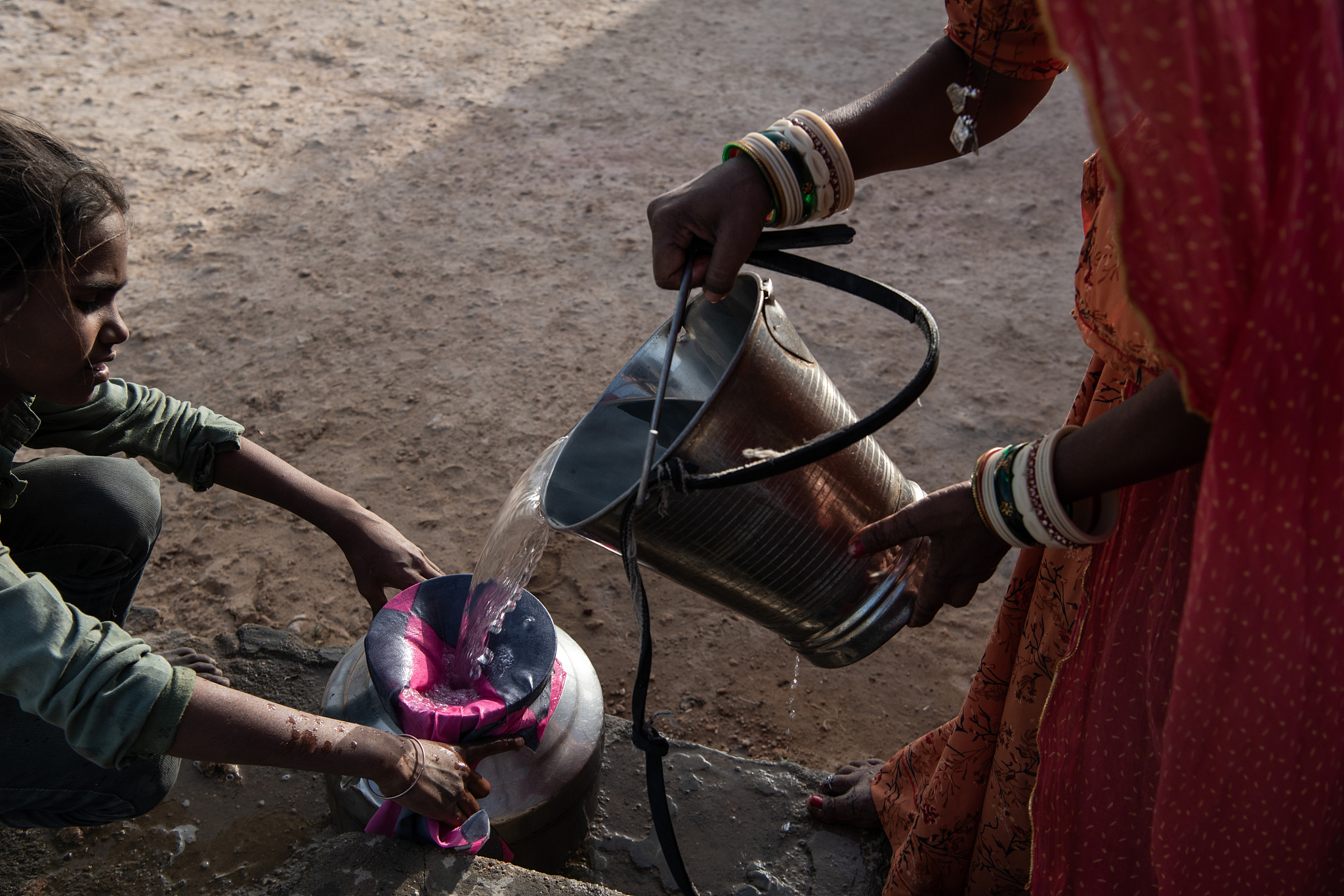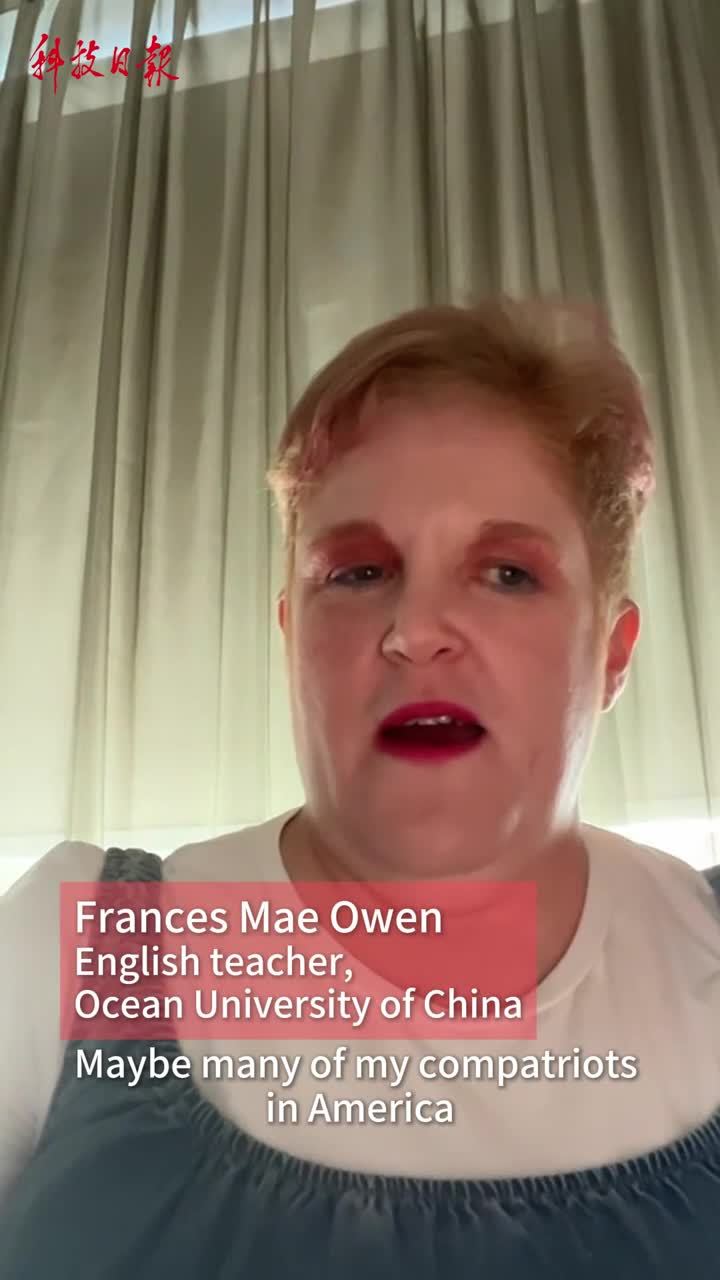Universal Commitment Needed to Tackle Water Crisis

Villager Anu Devi (R), 35, draws drinking water from a storage tanker at her home on March 30, 2024 in Bhojon Ki Bap village in the state of Rajasthan, India. (PHOTO: VCG)
By TANG Zhexiao
The United Nations World Water Development Report 2024,?released on World Water Day, March?22,?calls?for?global?water?cooperation?to?preserve?peace.
According to the report, between 2002 and 2021, droughts affected more than 1.4 billion people, causing the death of nearly 21,000 individuals.
The Sustainable Development Goal (SDG) 6 seeks to ensure safe and affordable drinking water for all,greater water-use efficiency, and clean water and sanitation for all. However, “none of the SDG 6 targets appear to be on track,” the report warned.
Water resources are under big pressure?as economies and populations grow. As of 2022, 2.2 billion people were without access to safely managed drinking water and 3.5 billion lacked access to safely managed sanitation.
Trans-boundary agreements are an urgent need. In the past, water-related issues such as water supply and infrastructure had wide-ranging influence in areas of tension.
While approximately 40?percent?of the world's population lives in trans-boundary river and lake basins, only a fifth of countries have cross-border agreements to jointly manage these shared resources equitably, according to UNESCO.
Audrey Azoulay, Director-General of UNESCO, said the risks of local or regional conflict?are increasing as water stress increases. UNESCO's message is clear: if we want to preserve peace, we must act swiftly not only to safeguard water resources but also to enhance regional and global cooperation in this area, she added.
Water management can reduce the risk of disasters, such as droughts and floods. With trans-boundary river basins and aquifer systems representing almost half the earth's surface, water cooperation is vital for peace, according to Irina Bokova, former UNESCO director-general.
The continued global warming is projected to intensify the global water cycle, increasing?the frequency and severity of droughts and floods, with more extreme weather and climate events. The least developed countries and those small islands will suffer the most severe impacts.
It’s a water problem for all of us, said Quentin Graft, professor of economics and chairholder UNESCO chair in Water Economics, “We grow our food with freshwater, and when you have climate change on top of an already existing water crisis, then we have the inability to feed ourselves,” Al Jazeera quoted him as saying.
“Climate action and a sustainable water future are two sides of the same coin,”?UN Secretary-General António Guterres?remarked at the 2023 United Nations Water Conference.
He called?on countries to work together across borders to jointly manage water, urging them to join and implement the UN Water Convention, which promotes managing shared water resources sustainably.
As the water report said, “Water security leads to prosperity and peace, while the hardships of conflict are amplified through water.”
To work together to make water a force for cooperation, stability as well as prosperity and peace should be a universal commitment.







